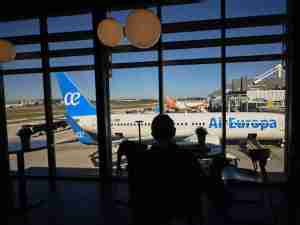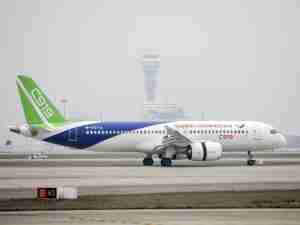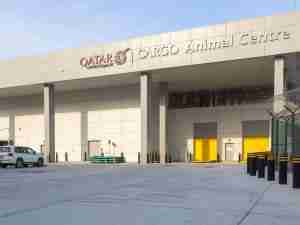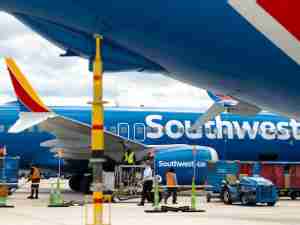Delta vows to recapture full cost of jet fuel
posted by AJOT | Apr 27 2011 at 08:00 PM | Air Cargo
Soaring jet fuel costs pounded Delta Air Lines and US Airways Group in the first quarter, leading both to post losses, but rising fares eased the blow, and Delta said it aims to recapture the full cost of fuel on every flight.
Results from the two carriers—marking the end of quarterly reports from the largest U.S. airlines—underscore the threat of rising energy costs.
But Delta’s particularly aggressive stance signals new determination to keep passing that cost on to customers through fare hikes and other means. Delta’s stock gained 8 percent in morning trade on the New York Stock Exchange.
“We must fully recapture our costs on every flight every day to maintain and improve our earnings performance,” Delta Chief Executive Richard Anderson said on an earnings conference call.
“Where we cannot get the necessary revenue increases to offset the increased cost of operating the flights, we will remove capacity, particularly in our post Labor Day schedule,” he said.
Airlines have steadily boosted fares this year as more than $100-a-barrel oil threatens to wipe out the industry’s recovery from the economic downturn. Carriers are reporting higher passenger demand, but costs are also rising.
Industry analysts were impressed by Delta’s tone, but expressed doubt about whether passengers will tolerate higher fares.
“You’re not seeing them in a state of panic like they were, say, in 2008 because so far demand has been so strong they’ve been able to pass through most of these additional costs,” said Ray Neidl, senior aerospace specialist with Maxim Group.
“But at some point, you’ll get consumer push-back for ticket price increases,” he added.
Morningstar equity analyst Basili Alukos said Delta’s goal of recovering the full cost of fuel on each flight may not be practical.
“(It’s) very aggressive, if you ask me,” he said. “The only way for that to occur is if the legacy carriers abandon the leisure passenger and focus exclusively on the premium passengers.”
Alukos added that if major airlines raise fares too aggressively, low-cost carriers like Southwest Airlines will win a greater share of budget travelers and “undercut the legacy carriers on pricing.”
Atlanta-based Delta said its first-quarter net loss was $318 million, or 38 cents a share, beating the average analyst forecast of a loss of 50 cents a share, according to Thomson Reuters I/B/E/S. Revenue rose 13 percent to $7.75 billion.
The company projected “double-digit growth” in passenger revenue per available seat mile in the current quarter.
US Airways posted a loss, excluding special items, of $110 million, or 68 cents per share. The loss was wider than a year earlier but not as bad as analysts’ average forecast of 72 cents a share.
Revenue was $3 billion, up 11.7 percent. Operating expenses were also $3 billion, up 12.8 percent, due primarily to a $272 million jump in fuel costs. (Reuters)











